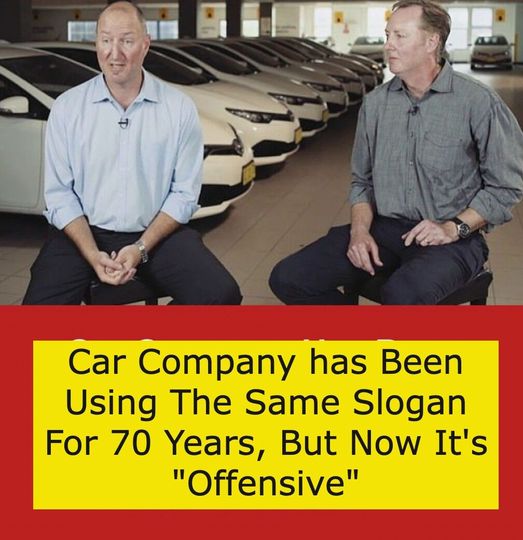An Australian car rental company has come under fire for its offensive language being used on its fleet. For 75 years, the slogan has been displayed on the side of the company’s cars, but a mother and her 7-year-old son are calling attention to the offensive nature of the slogan. Nicole Van Dijken and her son were taken aback when they saw a car with the phrase “no birds” written across the door.

Van Dijken was shocked and had to figure out what the slogan meant and how to explain it to her young son. The car rental company, called Bayswater Car Rental, was founded in 1958 and had a policy of not hiring women as drivers. The term “birds” was used to refer to women or delivery girls. Instead, customers were expected to pick up their own cars, so there were no “birds” behind the wheel, only the customers themselves.
Van Dijken expressed her frustration about having to explain this “sexist slur” to her son. She believes that the slogan belongs in the past and is not appropriate in today’s inclusive society. She said, “It’s a sexist slur, and I’m now in a position where I need to explain that to my son, which I did do.”

The car rental company, however, refuses to change its slogan. Instead, they direct customers to their website for more information, where they explain that in the past, having “delivery girls” was a standard service. Some people argue that the term “bird” used to be used in a friendly way, but in today’s world, it is not appropriate.
This is not the first time the company has faced criticism for its slogan. Even back in the 1950s and 1960s, there was opposition to the use of the term “no birds.” A female respondent shared that even her mother wrote a letter to the newspaper objecting to the slogan. It is surprising that the company is still using this slogan despite the backlash it has received.
In a time where inclusivity and respect for others are highly valued, it is essential for businesses to be aware of the impact their language can have. Using outdated and offensive slogans can alienate potential customers and harm the company’s reputation. It is crucial for businesses to adapt and update their practices to reflect the values of today’s society.
